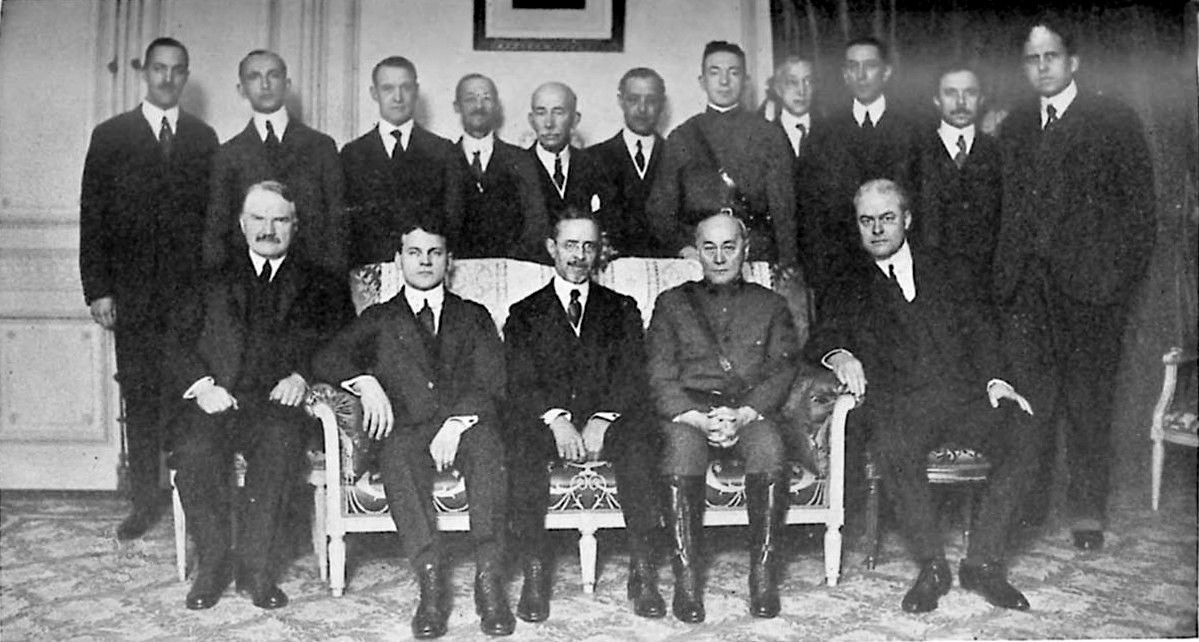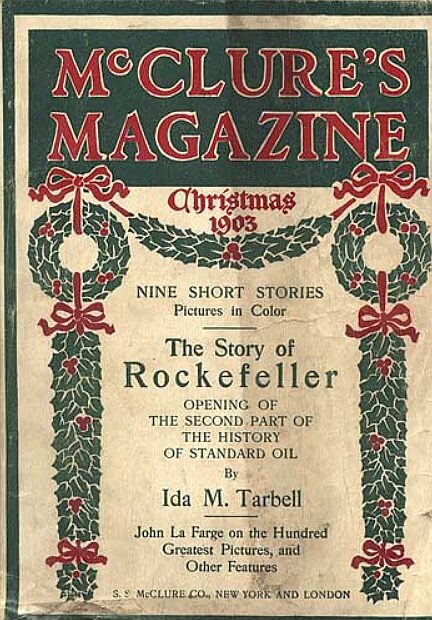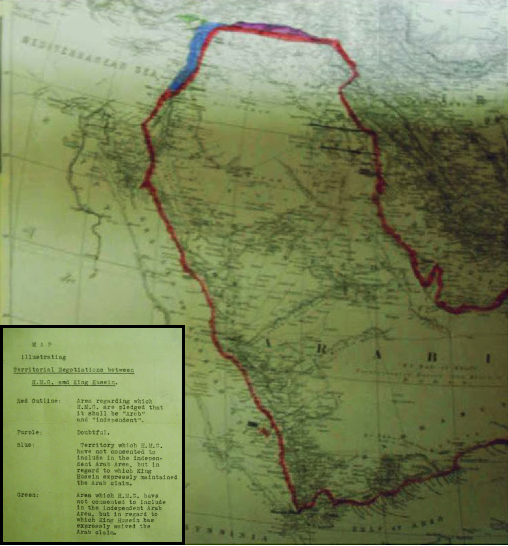|
Fourteen Points
U.S. President Woodrow Wilson The Fourteen Points was a statement of principles for peace that was to be used for peace negotiations in order to end World War I. The principles were outlined in a January 8, 1918 speech on war aims and peace terms to the United States Congress by President Woodrow Wilson. However, his main Allied colleagues (Georges Clemenceau of France, David Lloyd George of the United Kingdom, and Vittorio Emanuele Orlando of Italy) were skeptical of the applicability of Wilsonian idealism. The United States had joined the Triple Entente in fighting the Central Powers on April 6, 1917. Its entry into the war had in part been due to Germany's resumption of submarine warfare against merchant ships trading with France and Britain and also the interception of the Zimmermann Telegram. However, Wilson wanted to avoid the United States' involvement in the long-standing European tensions between the great powers; if America was going to fight, he wanted to try to sepa ... [...More Info...] [...Related Items...] OR: [Wikipedia] [Google] [Baidu] |
President Woodrow Wilson (1913)
Thomas Woodrow Wilson (December 28, 1856February 3, 1924) was an American politician and academic who served as the 28th president of the United States from 1913 to 1921. A member of the Democratic Party, Wilson served as the president of Princeton University and as the governor of New Jersey before winning the 1912 presidential election. As president, Wilson changed the nation's economic policies and led the United States into World War I in 1917. He was the leading architect of the League of Nations, and his progressive stance on foreign policy came to be known as Wilsonianism. Wilson grew up in the American South, mainly in Augusta, Georgia, during the Civil War and Reconstruction. After earning a Ph.D. in political science from Johns Hopkins University, Wilson taught at various colleges before becoming the president of Princeton University and a spokesman for progressivism in higher education. As governor of New Jersey from 1911 to 1913, Wilson broke with party boss ... [...More Info...] [...Related Items...] OR: [Wikipedia] [Google] [Baidu] |
Edward M
Edward is an English given name. It is derived from the Anglo-Saxon name ''Ēadweard'', composed of the elements '' ēad'' "wealth, fortune; prosperous" and '' weard'' "guardian, protector”. History The name Edward was very popular in Anglo-Saxon England, but the rule of the Norman and Plantagenet dynasties had effectively ended its use amongst the upper classes. The popularity of the name was revived when Henry III named his firstborn son, the future Edward I, as part of his efforts to promote a cult around Edward the Confessor, for whom Henry had a deep admiration. Variant forms The name has been adopted in the Iberian peninsula since the 15th century, due to Edward, King of Portugal, whose mother was English. The Spanish/Portuguese forms of the name are Eduardo and Duarte. Other variant forms include French Édouard, Italian Edoardo and Odoardo, German, Dutch, Czech and Romanian Eduard and Scandinavian Edvard. Short forms include Ed, Eddy, Eddie, Ted, Teddy and ... [...More Info...] [...Related Items...] OR: [Wikipedia] [Google] [Baidu] |
The Inquiry
The Inquiry was a study group established in September 1917 by Woodrow Wilson to prepare materials for the peace negotiations following World War I. The group, composed of around 150 academics, was directed by the presidential adviser Edward House and supervised directly by the philosopher Sidney Mezes. The Heads of Research were Walter Lippmann and his successor Isaiah Bowman. The group first worked out of the New York Public Library but later worked from the offices of the American Geographical Society of New York once Bowman had joined the group. Mezes's senior colleagues were the geographer Isaiah Bowman, the historian and librarian Archibald Cary Coolidge, the historian James Shotwell, and the lawyer David Hunter Miller. Progressive confidants who were consulted on staffing but did not contribute directly to the administration or reports of the group included James Truslow Adams, Louis Brandeis, Abbott Lawrence Lowell, and Walter Weyl. Twenty-one members of The Inquiry, l ... [...More Info...] [...Related Items...] OR: [Wikipedia] [Google] [Baidu] |
Self-determination
The right of a people to self-determination is a cardinal principle in modern international law (commonly regarded as a '' jus cogens'' rule), binding, as such, on the United Nations as authoritative interpretation of the Charter's norms. It states that peoples, based on respect for the principle of equal rights and fair equality of opportunity, have the right to freely choose their sovereignty and international political status with no interference. The concept was first expressed in the 1860s, and spread rapidly thereafter. During and after World War I, the principle was encouraged by both Soviet Premier Vladimir Lenin and United States President Woodrow Wilson. Having announced his Fourteen Points on 8 January 1918, on 11 February 1918 Wilson stated: "National aspirations must be respected; people may now be dominated and governed only by their own consent. 'Self determination' is not a mere phrase; it is an imperative principle of action." During World War II, the princ ... [...More Info...] [...Related Items...] OR: [Wikipedia] [Google] [Baidu] |
Democracy
Democracy (From grc, δημοκρατία, dēmokratía, ''dēmos'' 'people' and ''kratos'' 'rule') is a form of government in which people, the people have the authority to deliberate and decide legislation ("direct democracy"), or to choose governing officials to do so ("representative democracy"). Who is considered part of "the people" and how authority is shared among or delegated by the people has changed over time and at different rates in different countries. Features of democracy often include freedom of assembly, freedom of association, association, property rights, freedom of religion and freedom of speech, speech, Social exclusion#Social inclusion, inclusiveness and political equality, equality, citizenship, consent of the governed, voting rights, freedom from unwarranted governmental wikt:deprivation, deprivation of the right to life and liberty, and minority rights. The notion of democracy has evolved over time considerably. Throughout history, one can find evid ... [...More Info...] [...Related Items...] OR: [Wikipedia] [Google] [Baidu] |
Secret Treaty
A secret treaty is a treaty ( international agreement) in which the contracting state parties have agreed to conceal the treaty's existence or substance from other states and the public.Helmut Tichy and Philip Bittner, "Article 80" in Olivier Dörr & Kirsten Schmalenbach (eds.) Vienna Convention on the Law of Treaties: a Commentary (Springer, 2012)), 1339, at 1341, note 11. Such a commitment to keep the agreement secret may be contained in the instrument itself or in a separate agreement. According to one compilation of secret treaties published in 2004, there have been 593 secret treaties negotiated by 110 countries and independent political entities since the year 1521. Secret treaties were highly important in the balance-of-power diplomacy of 18th- and 19th-century Europe, but are rare today. History The "elaborate alliance systems" among European powers, "each secured by a network of secret treaties, financial arrangements, and 'military understandings'" are commonly cite ... [...More Info...] [...Related Items...] OR: [Wikipedia] [Google] [Baidu] |
Free Trade
Free trade is a trade policy that does not restrict imports or exports. It can also be understood as the free market idea applied to international trade. In government, free trade is predominantly advocated by political parties that hold economically liberal positions, while economic nationalist and left-wing political parties generally support protectionism, the opposite of free trade. Most nations are today members of the World Trade Organization multilateral trade agreements. Free trade was best exemplified by the unilateral stance of Great Britain who reduced regulations and duties on imports and exports from the mid-nineteenth century to the 1920s. An alternative approach, of creating free trade areas between groups of countries by agreement, such as that of the European Economic Area and the Mercosur open markets, creates a protectionist barrier between that free trade area and the rest of the world. Most governments still impose some protectionist policies that are ... [...More Info...] [...Related Items...] OR: [Wikipedia] [Google] [Baidu] |
Progressive Era
The Progressive Era (late 1890s – late 1910s) was a period of widespread social activism and political reform across the United States focused on defeating corruption, monopoly, waste and inefficiency. The main themes ended during American involvement in World War I (1917–1918) while the waste and efficiency elements continued into the 1920s. Progressives sought to address the problems caused by rapid industrialization, urbanization, immigration, and political corruption; and by the enormous concentration of industrial ownership in monopolies. They were alarmed by the spread of slums, poverty, and what they perceived as the "exploitation" of labor. Multiple overlapping progressive movements fought perceived social, political and economic ills by advancing democracy, scientific methods, professionalism and efficiency; regulating businesses, protecting the natural environment, and improving working conditions in factories and living conditions of the urban poor. Sprea ... [...More Info...] [...Related Items...] OR: [Wikipedia] [Google] [Baidu] |
Decree On Peace
The Decree on Peace, written by Vladimir Lenin, was passed by the Second All-Russian Congress of Soviets of Workers' and Soldiers' Deputies on the , following the success of the October Revolution. It was published in the ''Izvestiya'' newspaper, #208, . It proposed an immediate withdrawal of Russia from World War I. The decree was ultimately implemented through the Treaty of Brest-Litovsk. Woodrow Wilson's famous "Fourteen Points" of January 1918 were largely a response to this Decree. Significance The Decree on Peace was an appeal to the governments of all the warring states and to their peoples to conclude an immediate truce. It is common among historians to assert that from September 1917 the Russian army was already in the process of complete disintegration. Marc Ferro, however, claims that only after the October Revolution the great exodus of soldiers from the front began, to enjoy the promised gains of peace and land. The Peace Decree had two audiences: the war-weary Russ ... [...More Info...] [...Related Items...] OR: [Wikipedia] [Google] [Baidu] |
Vladimir Lenin
Vladimir Ilyich Ulyanov. ( 1870 – 21 January 1924), better known as Vladimir Lenin,. was a Russian revolutionary, politician, and political theorist. He served as the first and founding head of government of Soviet Russia from 1917 to 1924 and of the Soviet Union from 1922 to 1924. Under his administration, Russia, and later the Soviet Union, became a one-party socialist state governed by the Communist Party. Ideologically a Marxist, his developments to the ideology are called Leninism. Born to an upper-middle-class family in Simbirsk, Lenin embraced revolutionary socialist politics following his brother's 1887 execution. Expelled from Kazan Imperial University for participating in protests against the Russian Empire's Tsarist government, he devoted the following years to a law degree. He moved to Saint Petersburg in 1893 and became a senior Marxist activist. In 1897, he was arrested for sedition and exiled to Shushenskoye in Siberia for three years, where he ... [...More Info...] [...Related Items...] OR: [Wikipedia] [Google] [Baidu] |
Sykes–Picot Agreement
The Sykes–Picot Agreement () was a 1916 secret treaty between the United Kingdom and France, with assent from the Russian Empire and the Kingdom of Italy, to define their mutually agreed spheres of influence and control in an eventual partition of the Ottoman Empire. The agreement was based on the premise that the Triple Entente would achieve success in defeating the Ottoman Empire during World War I and formed part of a series of secret agreements contemplating its partition. The primary negotiations leading to the agreement took place between 23 November 1915 and 3 January 1916, on which date the British and French diplomats, Mark Sykes and François Georges-Picot, initialled an agreed memorandum. The agreement was ratified by their respective governments on 9 and 16 May 1916. The agreement effectively divided the Ottoman provinces outside the Arabian Peninsula into areas of British and French control and influence. The British- and French-controlled countries were divided ... [...More Info...] [...Related Items...] OR: [Wikipedia] [Google] [Baidu] |




.jpg)


